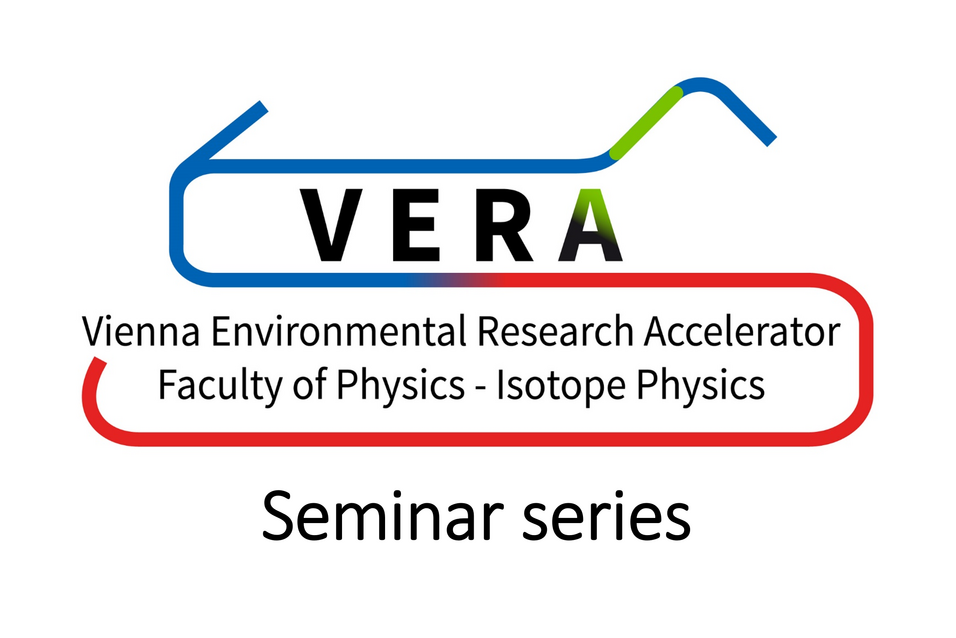Since neutrinos have no electric charges, they may be their own antiparticles, referred to as Majorana neutrinos, and thus violate lepton number conservation. Neutrinoless double beta decay would be a direct consequence, and the search for this decay mode is the most sensitive method to unravel the Majorana nature of neutrinos. By operating bare germanium diodes, enriched in Ge-76, in an active liquid argon shield, the GERDA experiment achieved an unprecedently low background index of 5.2∙10−4 counts/keV kg yr in the signal region and collected an exposure of 100 kg yr in a background-free regime. No signal was observed, and a limit on the half-life of 0νββ decay in Ge-76 is set at T1/2 > 1.8∙1026 yr (90 % C.L.). Hence, Majorana neutrino masses are constrained to mββ< 79-180meV (90 % C.L.). The LEGEND Collaboration builds on the success of GERDA and the Majorana Demonstrator, and develops a phased, Ge-76-based double-beta decay experimental program with a T1/2 - discovery potential beyond 1028 years. Its first stage, LEGEND-200, started data-taking in early 2023, and LEGEND-1000 is under preparation. In this talk, I will present the final results of GERDA, the performance of LEGEND-200 and discuss the preparatory works and plans for LEGEND-1000.
Stefan Schönert (Munich): The quest for Majorana neutrinos with GERDA and LEGEND
Location:
Victor-Franz-Hess-Hörsaal, Währinger Str. 17, 1. Stock Kavalierstrakt
Verwandte Dateien
- Schoenert_18-01-2024.pdf 566 KB

